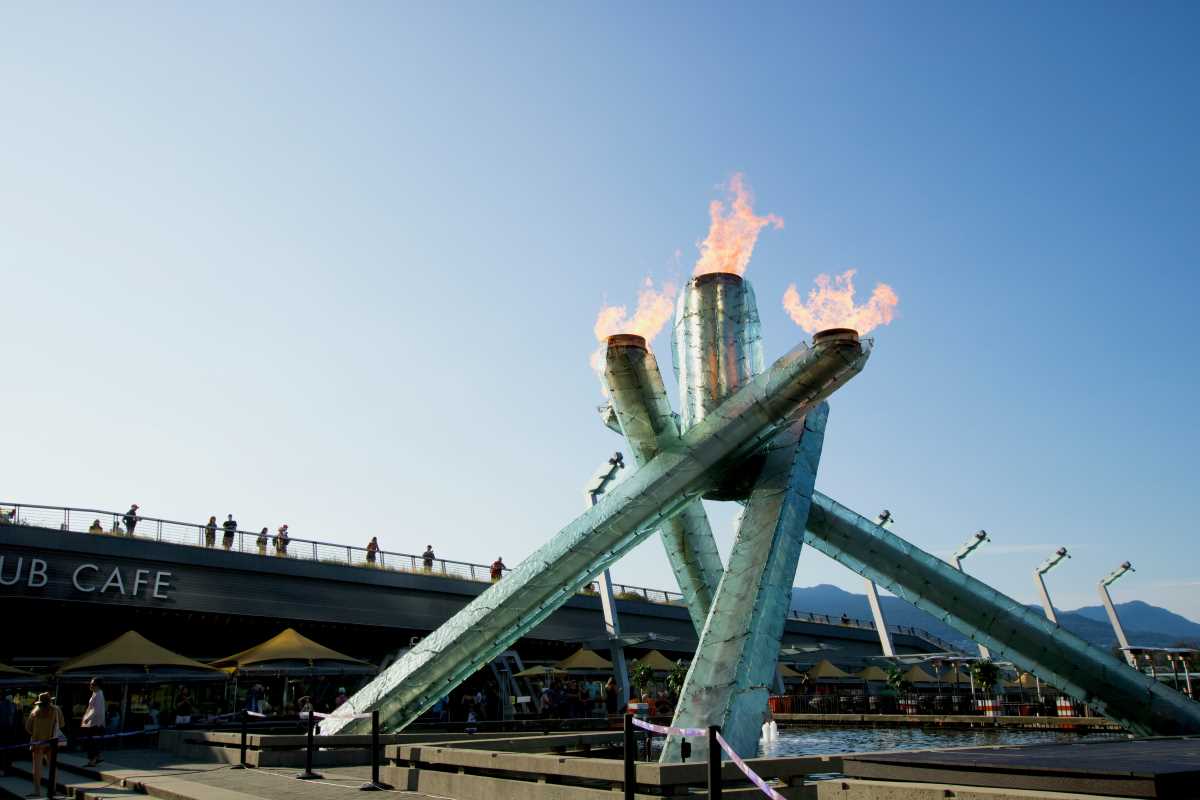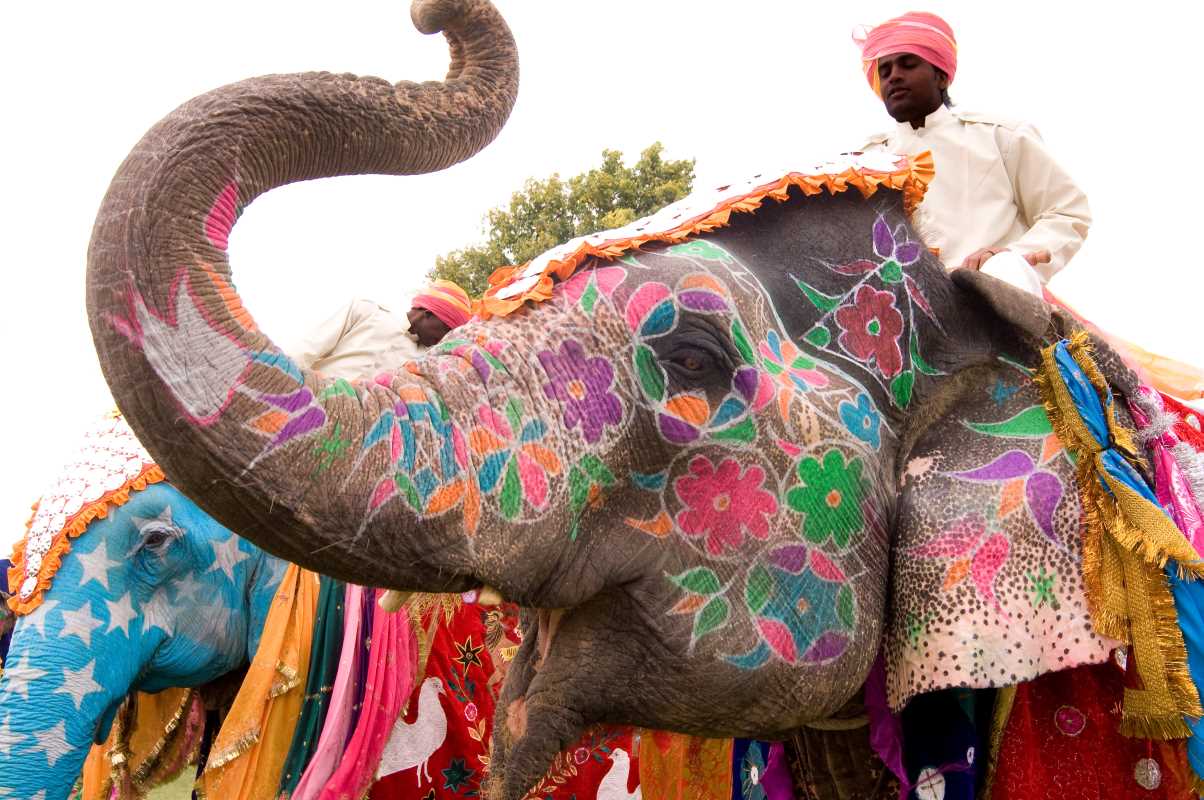The Olympic Games have long been a global stage, celebrating athletic achievement and fostering unity through competition. However, the modern Olympics, first revived in 1896, have been shaped in profound ways by world history. From wars and political movements to social transformations, the Games have reflected the complexities of the 20th and 21st centuries. They have been influenced by—and at times served as a mirror to—global conflicts, ideological struggles, and efforts toward progress. By examining key moments in Olympic history, we can uncover how these global events have impacted their organization, participation, and symbolism.
The Olympics in Troubled Times
Throughout the 20th century, the shadow of major wars and geopolitical upheavals profoundly impacted the Olympics. The Games were directly disrupted as a result of World War I and World War II. Both the 1916 Games, scheduled to be held in Berlin, and the 1940 and 1944 Olympics were canceled. These cancellations serve as a stark reminder that even the unifying ideal of the Olympics couldn’t withstand the devastation of global conflict.
However, even during peacetime, the Olympics were often embroiled in political tensions. This was particularly evident during the Cold War. From the late 1940s through the 1980s, the Games became a symbolic battleground for the ideological competition between the United States and the Soviet Union. Athletic success was equated with national strength, and the countries poured resources into training elite athletes who would showcase their dominance on the world stage.
The 1936 Berlin Olympics and the Rise of Fascism
The 1936 Berlin Olympics is one of the most infamous examples of a Games heavily influenced by political ideology. Held under Adolf Hitler's Nazi regime, these Olympics became a propaganda tool to showcase the so-called superiority of the Aryan race. The German government used the event to project an image of modernity, order, and power to the world, while behind the scenes, the seeds for one of history's darkest chapters were being sown.
The Games were notable not only for their controversial backdrop but also for the symbolic resistance they ignited. African American athlete Jesse Owens became a global icon by winning four gold medals in track and field, directly challenging Nazi racial ideologies. His triumph underscored the fundamental principles of the Olympics as a celebration of individual excellence and equality, no matter the political climate.
Boycotts and Protests during the Cold War
The Cold War era provided other instances of the Olympics being shaped—or derailed—by politics. The 1980 Moscow Olympics was one of the most politically charged Games in modern history. Following the Soviet Union's invasion of Afghanistan, the United States led a boycott of the Games, with over 60 countries refusing to participate. This boycott was a clear message by the West, criticizing Soviet aggression. Four years later, the Eastern Bloc retaliated by boycotting the 1984 Los Angeles Olympics, showing how the Games had become a pawn in the broader geopolitical struggle.
Controversies and protests extended beyond formal boycotts. For example, at the 1968 Mexico City Olympics, the world witnessed a powerful moment of social activism when American athletes Tommie Smith and John Carlos raised their fists during the medal ceremony to protest racial injustice. Their iconic "Black Power Salute" highlighted how the Olympics could serve as a platform for addressing broader societal issues.
The Olympics and the Push for Inclusion
While the Olympics have often been a site of political and social struggle, they have also evolved alongside movements for equality and inclusion. Over the decades, participation in the Games has expanded to include more women, athletes from underrepresented nations, and competitors with disabilities.
Gender Equality in the Games
The question of gender equality has continuously shaped the Olympics. During the inaugural modern Games in 1896, there were no events for women; the International Olympic Committee (IOC) believed that women’s participation was incompatible with the spirit of competitive athletics. However, the tide began to shift slowly, and in 1900, the Paris Games allowed women to compete, but only in five events, including tennis and golf.
Fast forward to recent decades, and the strides toward equality have become much more significant. The 2012 London Olympics marked the first time every participating nation included female athletes, a notable moment fueled by sustained efforts to break down cultural and societal barriers. The same year, the Games introduced women’s boxing, signaling the inclusion of every sport for both genders.
Breaking Barriers for Marginalized Groups
The push for inclusion has extended far beyond gender dynamics. The Paralympic Games, established after World War II, formalized competitive opportunities for athletes with disabilities and have grown into a monumental movement of their own. Meanwhile, athletes from impoverished or politically isolated nations have found forums of support and representation through the Olympics. Refugee Olympic teams, first introduced in 2016, allowed displaced individuals to compete, demonstrating how the Olympics can be a platform for hope and resilience in the face of global crises.
The Olympics in the Age of Globalization
The modern Olympics have also been shaped by the effects of globalization, with significant changes to their scale, audience, and infrastructure. Post-war industrial advancements and the rise of mass media allowed the Games to achieve unprecedented levels of global visibility.
The 2008 Beijing Olympics as a Modern Showcase
One of the most striking examples of the Olympics as a tool for geopolitical and economic messaging was the 2008 Games in Beijing. China utilized this opportunity to project itself as a modern global power. The event was a dazzling spectacle, featuring a $43 billion investment in infrastructure, including iconic structures like the Bird’s Nest Stadium. The elaborate opening ceremony, directed by filmmaker Zhang Yimou, showcased centuries of Chinese history while signaling the nation’s aspirations for the future.
Yet the 2008 Games were also steeped in controversy. Leading up to the Olympics, global protests broke out regarding China’s human rights record, including its treatment of Tibet and censorship policies. While the Games were a display of organizational efficiency and national pride, they also underscored the tension between international ideals and domestic politics.
The Role of Technology and Media
Globalization and technological advancements have fundamentally transformed how the Olympics are experienced. The advent of live television broadcasting in the 1960s brought the Games to millions of living rooms, while the internet and social media in the 21st century made the Olympics a real-time, interactive phenomenon. Athletes now engage directly with fans worldwide, and controversies or symbolic moments—like protests or record-breaking achievements—can gain viral recognition within minutes.
The Olympics’ Role in Promoting Peace
Despite being influenced by conflict and political agendas, the Olympics have maintained a powerful role as a symbol of unity and peace. One of the key ideals of the Games is to bring countries together, even ones embroiled in conflict, to compete peacefully and honorably.
The IOC has frequently emphasized this mission. For instance, the tradition of the Olympic Truce, revived in 1992, calls for a halt to hostilities during the Games as a gesture toward peace. Although the effectiveness of the truce varies, its symbolic importance is undeniable.
The Olympic Games have also provided moments of unity in times of division. The 1992 Barcelona Olympics witnessed the unified participation of athletes from former Soviet republics, competing as the "Unified Team" following the collapse of the USSR. Similarly, the 2018 PyeongChang Winter Olympics in South Korea saw athletes from North and South Korea march under a unified flag, offering a brief moment of conciliation amid ongoing tensions.
The modern Olympics have served as both a stage for global unity and a canvas for the world’s divisions. From the propaganda of the Berlin Games to the boycotts of the Cold War, the Olympic Games have been unavoidably intertwined with history’s major events. Yet, they have also proven resilient and adaptive, seizing opportunities to foster inclusion, celebrate diversity, and promote peace. By continuing to evolve alongside history, the Olympics remain a powerful reminder of humanity’s potential to rise above differences and come together in the spirit of competition and camaraderie.







